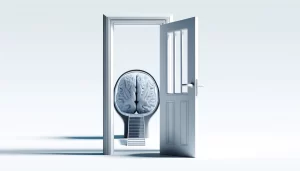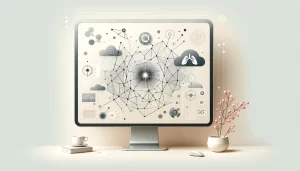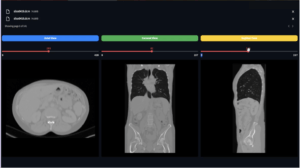Deep Learning — Medical Imaging

Deep Learning is a field of Machine Learning that has shown significant progress in the medical field with the advent of new diagnostic tools.
By examining images of retinas, Deep Learning can identify changes in eye health. It is able to look at images and find the sick pixels that are often glossed over by doctors’ eyes. This is beneficial because it can spot diseases like diabetic retinopathy before they cause blindness.
Deep Learning has also found success in spotting skin cancer with better accuracy than specialists, which can cut down on patient wait times for diagnosis.
The success of these diagnostic tools shows how this future technology will revolutionize medical imaging and revolutionizing healthcare as we know it.
How AI is Transforming the Field of Medicine
We are living in an era of medical revolutions. With the advancement in AI, doctors are now able to make better diagnoses and design personalized treatments for their patients.
The major breakthrough in medicine is Deep Learning. Deep learning is a branch of artificial intelligence that has enabled computers to achieve results similar to ones achieved by humans through deep understanding of data collected from millions of images. It can be used in researching diseases, diagnosing diseases, and predicting potential treatment outcomes.
Medical imaging image analysis is also an important field that has been massively impacted by AI developments. Recently hospitals have turned to sophisticated machine learning algorithms that have the ability to detect cancerous cells much more accurately than doctors can use their naked eye.
Deep Learning for Medical Imaging — What it Means for You?
Medical imaging is an important part of the diagnosis process in medicine. Early detection of diseases enables medical professionals to prescribe timely treatment for patients, which can often mean the difference between life or death. However, with the introduction of new imaging techniques, such as computed tomography (CT) scans and magnetic resonance imaging (MRI), analyzing medical images has become more challenging than ever before. The combination of increased difficulty in image analysis and increased demand on healthcare facilities has led researchers to investigate how artificial intelligence (AI) can help solve this problem.
Deep Learning Applications in Radiology & Cardiology Imaging
Deep learning algorithms have been increasingly used in different medical imaging scans for early diagnosis to provide patients with safer healthcare.
One of the most successful examples is the use of deep learning algorithms in radiology images. These algorithms are being integrated into radiologists’ workflow, which helps them to detect abnormalities in chest x-ray images. This technique has the potential to save lives by providing accurate diagnoses that would otherwise not be available without radiologists’ help.
These computer-aided diagnosis techniques can also be applied to other medical imaging scans like CT scans. For example, a Deep Learning-based diagnostic software system for cardiological images can easily identify coronary artery blockages which are a leading cause of heart attacks and sudden cardiac death cases across the world.
Will Artificial Intelligence Replace Doctors? What Practitioners Should Know!
Doctors are not immune to the rise of artificial intelligence. AI has already changed how doctors are trained, diagnose patients, and communicate with one another. Doctors need to be aware of this trend because it will have a dramatic impact on how they work in the future.
The medical field is already being transformed by automation and artificial intelligence. AI will soon replace many doctors in the future due to its capability to think critically, perform complex diagnostic tasks, and offer recommendations based on data analysis.



